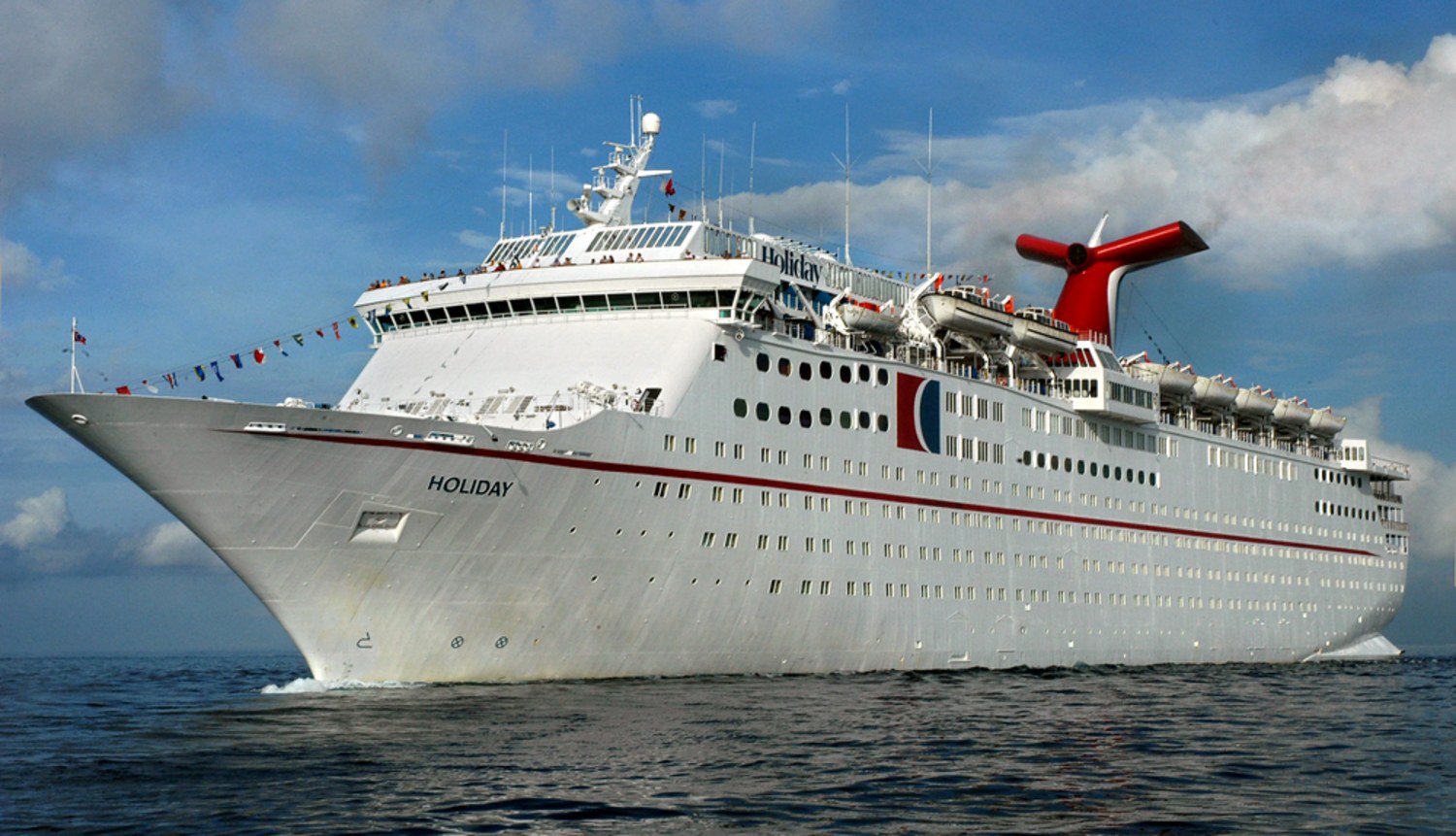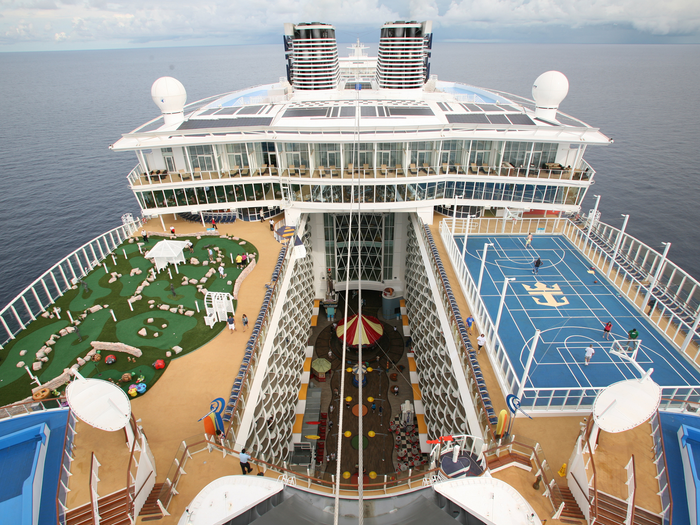
The Eastern Caribbean region of the Western Hemisphere is home of several countries and is part of Organisation of Eastern Caribbean States. This organization works to promote economic harmony, human rights protection, and good governance in the area. There are several reasons to visit the region. Let's take a look at some of them.
St. John's
One of the best ways to experience the island is to stay in a luxury resort. Many hotels do not have street addresses. Homes have no more that five digits. This is due to the acute shortage of housing on the island. Many of these apartments, which were once used for housing service personnel, are now being used as vacation rentals. There are ATMs and the island uses US Dollars for its currency.
Antigua
Antigua is home to Barbuda, and Antigua is home to Barbuda. They are about 17 degrees to the north of the equator. The small island of Barbuda is also included. Montserrat, Guadaloupe are also included in the island chain. Barbuda, which is located at 405 meters, is the northernmost of the islands. These islands are only surrounded by reefs and receive very little rainfall.

Dominican Republic
The Dominican Republic has moderate tropical weather. It is part the tropical area, but it is moderated by the steady flow of northeast trade winds from the Atlantic throughout year. Annual temperatures average 77 degrees Fahrenheit and rarely exceed 90. Frost is not an issue here.
Grand Turk
Grand Turk is mostly visited by cruise ship travelers. Grand Turk has few attractions and very little to do other than relaxing on beautiful beaches. Cockburn Town is the oldest settlement in the island. If you wish to explore the island, and make the most your vacation, it's possible. The Salt Museum is located nearby, as well as the Lighthouse. These landmarks are some of the island’s most distinctive. There are also a number of fishing charters in the area.
St. Kitts & Nevis
The Atlantic Ocean houses the islands of Saint Kitts & Nevis (Eastern Caribbean). With a population of about 25,000, this country boasts a high literacy rate. The country's national policy on energy aims to make 100% of its energy renewable by 2020. Saint Kitts & Nevis has a thriving green energy industry and is eco-friendly.
St. Lucia
Saint Lucia is found in the Eastern Caribbean. It was initially inhabited by Arawak Indians. The British colonized the island in the 18th century and made it unsafe for the Caribs to return. Later, they made peace with the locals. After the French left, England took control of the island from 1663 to 1667. This conflict, known as the "St. Lucia Wars," was responsible for several political changes within the island. The British took full control of the island in 1814. They made it a permanent colony within the British Empire.

St. Kitts
The tourism industry in St. Kitts and Nevis has become a key source of income. The islands are home to lush rainforests, freshwater lakes, and stunning coastlines. This region is home to a variety of birds including the Magnificent Frigate Birds, Pied-billed Grebes, and Brown Booby. A number of small assembly facilities are located in the region, producing electronic parts and garments.
FAQ
These are the things that you must remember when traveling.
Traveling is a time when you are often faced with situations that require quick decisions. You should be ready to improvise.
You could be stuck there for hours, days and even weeks. If you plan ahead, you will have food, water and shelter. But, if not, you might have the need to improvise.
In these situations, you will probably need to rely upon what you know best. You will have to rely on your instincts and experience to make quick decisions.
But there are times when you can't choose. For example, you could be stranded in an area without cell phone service, running out of gas, or having been robbed. You will need to be flexible to any situation that presents itself.
It is important to remain calm, keep your eyes on the prize and be decisive. Don't panic. Instead, focus on what you can control.
For example, if you're lost in the woods, you can choose which direction to go. If you are hungry, you can eat mushrooms or berries. You can drink rainwater, or melt snow if your thirst is great.
If you're tired, rest. You can wrap up if you're cold. If it is wet, you have the option to change clothes. You'll feel happier if you remain positive, no matter what your decision.
What can I pack in my suitcase?
You should always have at least two pairs of shoes. One pair for walking around the city and another pair for going on vacation.
Make sure you have enough clothes to cover both. You should also ensure you have enough clothes for plane travel.
Consider bringing some clothes if you are planning to stay somewhere for a longer time. This will make it easier to go shopping for new outfits and won't make you feel uncomfortable.
Comfortable shoes are a must if you're going to be taking the train or bus. If you drive, make sure you have a spare set.
It is important to have plenty of toiletries like shampoo, toothpaste and moisturizer.
Last but not the least, you will need a flashlight as well as insect repellent, sunscreens, sunglasses, a hat, first aid kits, and sunblock.
Make sure you have all the items in one bag. You'll save both time and space.
Finally, remember to bring a small towel or washcloth. They will be very useful after a long day of sightseeing.
Should I get travel insurance?
If you plan to do something adventurous, travel insurance is crucial. It's important that you are covered for all kinds of adventure sports.
Skiers, for instance, should have adequate medical coverage. Also, you should consider getting insurance for theft, loss, or damage.
You should also consider buying cover for cancellation. You can cancel your holiday without incurring any penalty.
You should also ask for coverage for emergency evacuation. This includes being taken off the mountain in case of an avalanche or other natural disaster.
What should you do the first time you arrive at your travel destination after you have arrived?
A plan should be prepared for each step of your journey. This helps you to know what to expect and where you should go next.
To avoid missing anything, you need to plan ahead.
For example, if you're going to be visiting a city for more than one day, you should research which museums, parks, and landmarks you'd like to visit.
Also, you may want to look into getting a map of the area and reading up on the region's history.
What is the average time it takes to fly between two countries.
The time taken to fly varies depending on the distance between the airports and the weather conditions.
The average flight time is approximately 3 hours.
The actual flying time depends on many factors like the airline, aircraft type and airport delays.
Statistics
- No Checked Bags: No Alcoholic beverages with more than 70% alcohol (over 140 proof), including grain alcohol and 151 proof rum. (tsa.gov)
- Between the ages of 11 and 13, kids, or tweens, will likely want some autonomy but also need boundaries. (travelandleisure.com)
- Alcoholic beverages with more than 24% but not more than 70% alcohol are limited in checked bags to 5 liters (1.3 gallons) per passenger and must be in unopened retail packaging. (tsa.gov)
- Case in point: the private island of Ilha Caldeira, less than seven miles off the coast as part of the Primeiras and Segundas Archipelago, is located within the marine-protected area with 20 percent of the country's intact living coral. (travelandleisure.com)
- You can use compression sacs or cubes to reduce the volume of your clothes by up to 80%—this is especially convenient for bulky items such as sweaters and jackets. (eaglecreek.com)
External Links
How To
How to plan your next vacation
Planning a trip can involve many things including booking flights, hotel reservations, car rentals, and activities. You must also consider your budget, destination, weather forecast, and other important factors.
These are important points to remember when planning your next vacation.
We have created a step to guide that will help you plan your next trip. This guide is based on customer feedback and our experience. This guide will help you plan your next vacation easily.
Steps:
-
Your Budget Plan - It is important to plan your budget before you start planning your trip. Before you start to think about where to go or what to do, it is important to determine how much money you have available for your trip. If you don't have the money, your plans may be cancelled.
-
Book Your Flights - After determining your budget, the first thing you should do is book your tickets. Be sure to get the lowest price flight deal. Check to see if there are any seasonal specials offered by airlines. These deals may save you money.
-
Your Destination - Now that you've booked your plane ticket, it's time to choose where you want. Multiple factors come into play when choosing your destination, including location (where you're going), climate (what season to visit), culture (how friendly people are), and cost (how affordable it is).
-
Find Accommodations. After selecting your destination, the next step is to search for accommodations. There are many options for accommodation, from budget hostels to luxurious suites. The best type of accommodation for you depends on your requirements and preferences. If you need to be near the city center, a hotel may not suit your needs. If you prefer quiet, peaceful places, a homestay may be the best option.
-
Select Activities and Attractions - Now is the time for you to choose the attractions and activities that you want to include in your itinerary. You can choose to include only certain activities depending on how long you stay. Or, add multiple new activities throughout the trip.
-
Determine your schedule - After you've chosen the attractions and activities that you would like to include in your itinerary, it's now time to create it. It is important to stick to a schedule in order for maximum enjoyment of your trip. If you have the freedom to roam as you please, your trip will be even more enjoyable.
-
Create an Itinerary - An itinerary is a list of all information related to your trip. You should list all the details, from flights to accommodation to activities to restaurants.
-
Research Online - Do your research online before you travel. Find out what other travelers have to say about different destinations by reading reviews and testimonials. You will be able plan accordingly.
-
Avoid Overpacking - Too many clothes can make packing a nightmare. Do not bring more than three sets of clothes. Wear clothing that is appropriate for the climate you are visiting.
-
Be Prepared - Finally, be prepared! Be prepared before you set off on your trip. You don't want your trip to be ruined by searching for vital documents while you're in transit.